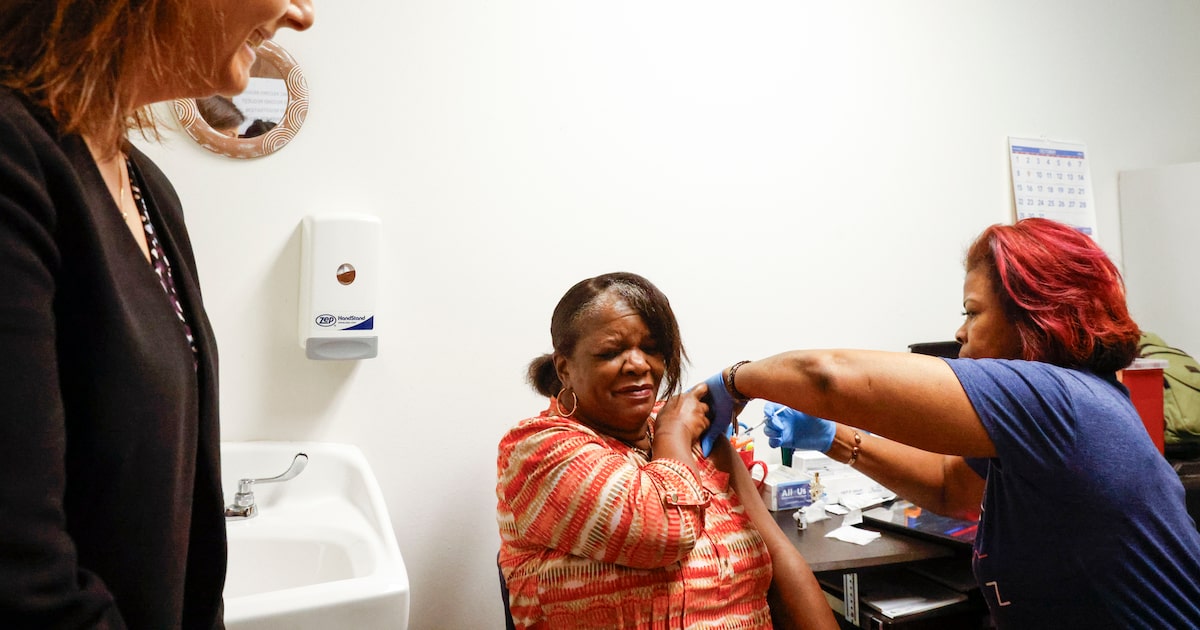Vaccine Rollout Halted: Federal Budget Slashes Immunization Programs in Dallas

Dallas County Health and Human Services faces a critical challenge as it is forced to cancel 50 immunization events for the remainder of the year due to significant federal funding cuts. The unexpected reduction in financial support threatens to disrupt vital public health services that have been crucial in protecting community health and preventing the spread of preventable diseases.
These canceled events will potentially impact thousands of residents who rely on these free or low-cost immunization programs, particularly vulnerable populations such as children, seniors, and uninsured individuals. The sudden loss of these community health initiatives underscores the broader implications of federal budget constraints on local healthcare infrastructure.
Health officials are currently exploring alternative strategies to mitigate the impact of these cancellations, including seeking additional local funding, partnering with community organizations, and redirecting resources to maintain essential immunization services. Residents are encouraged to contact the health department for information about remaining vaccination opportunities and potential alternative healthcare resources.
The situation highlights the delicate balance of public health funding and the critical role that federal support plays in maintaining community health programs across the county.
